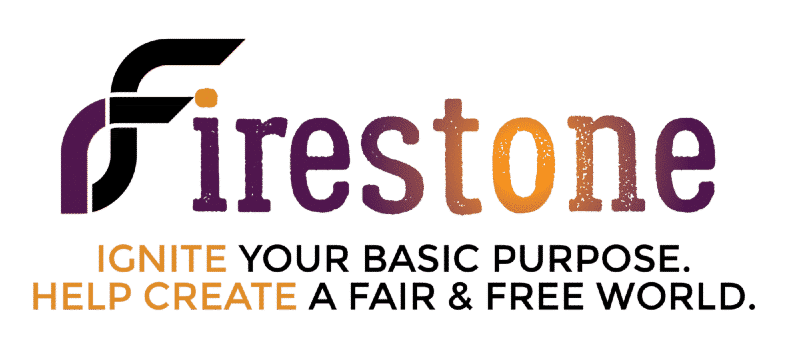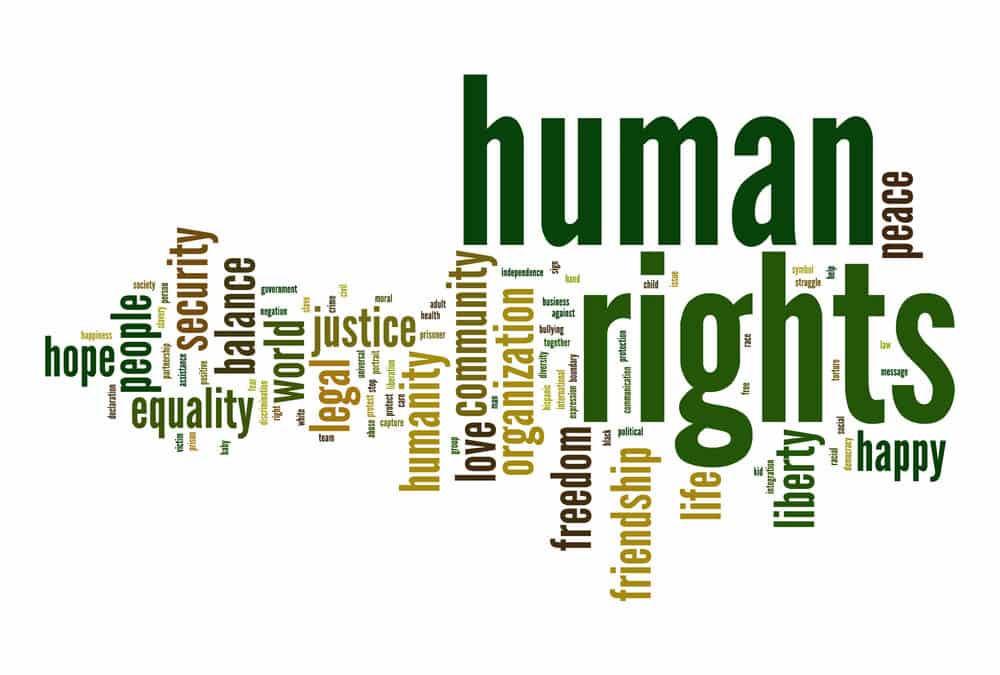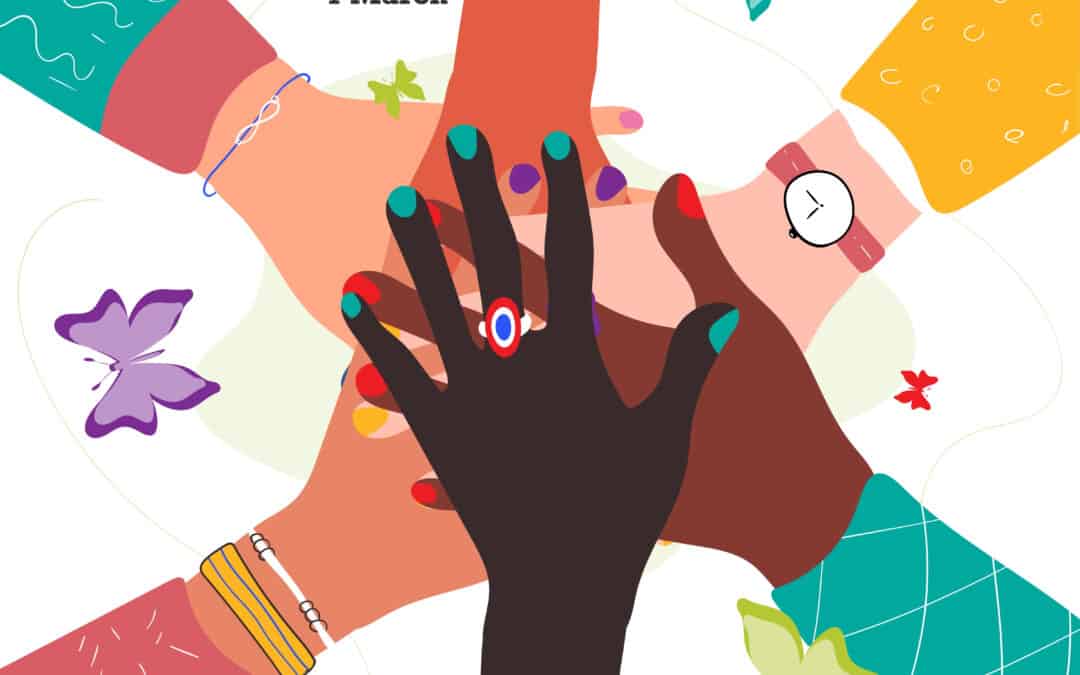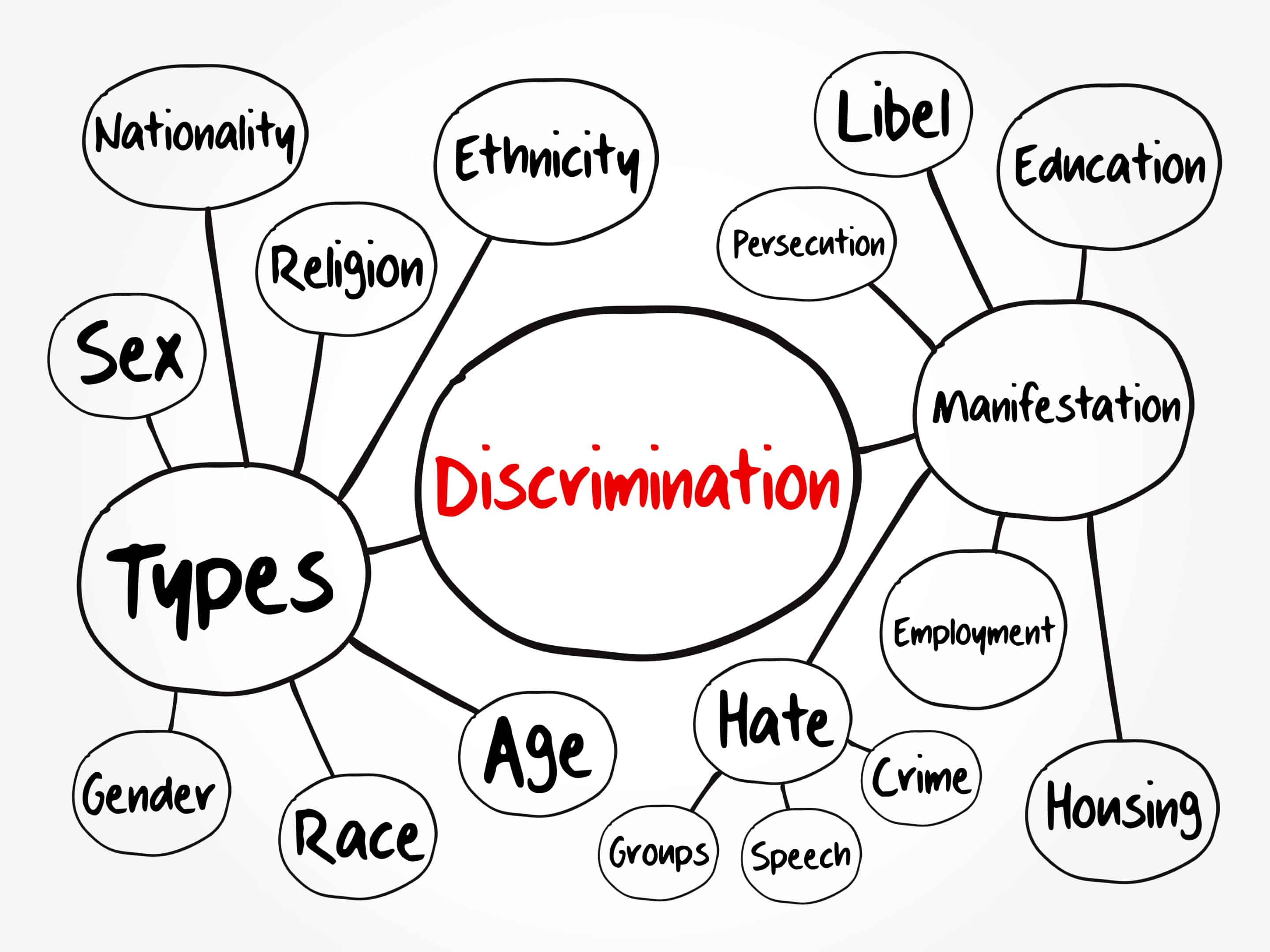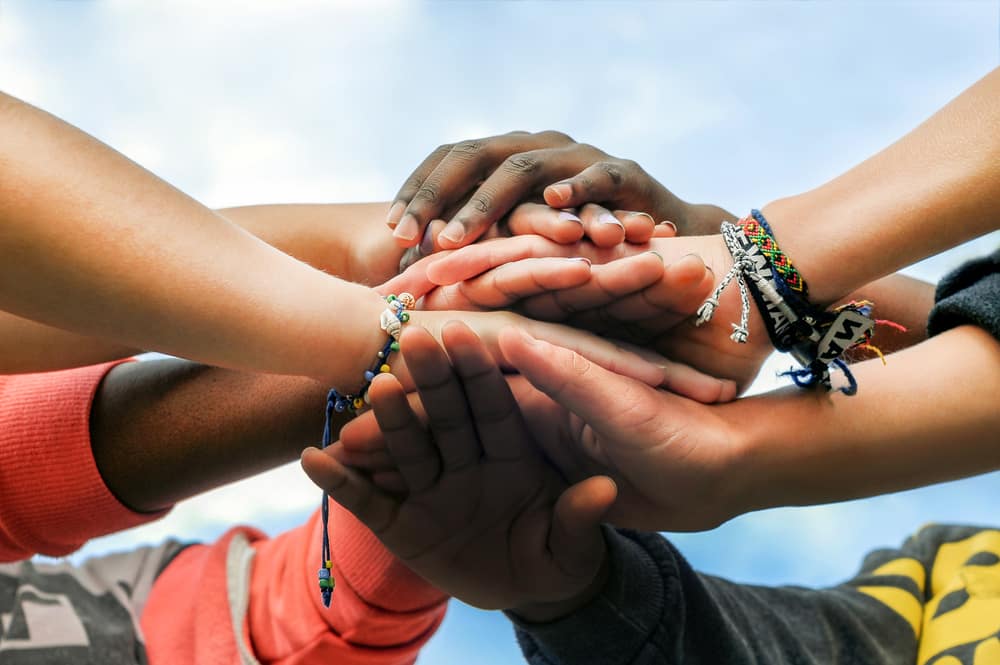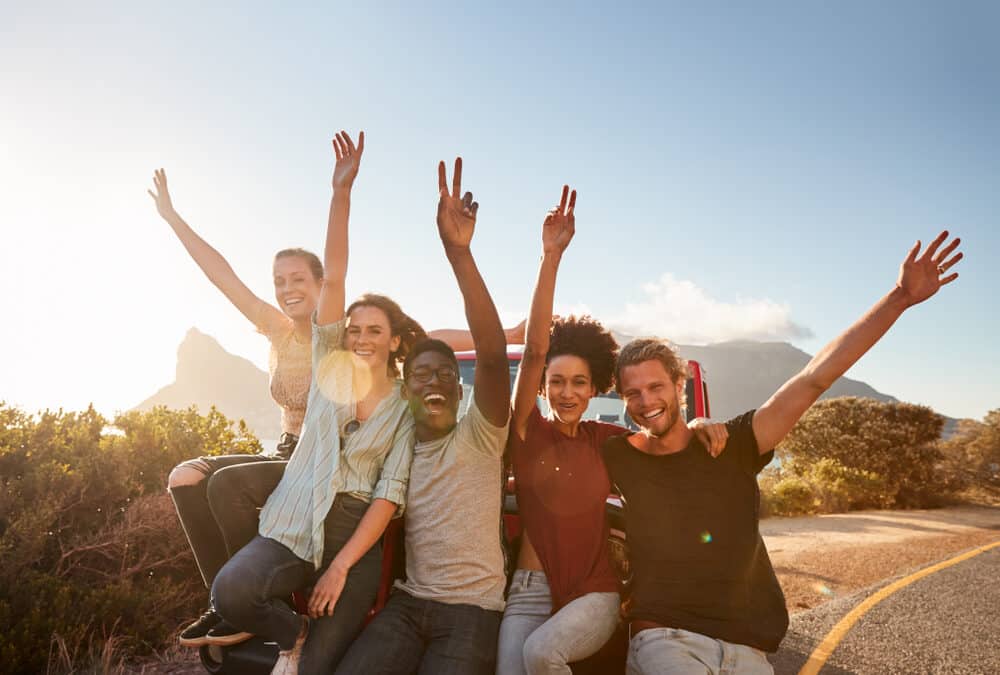
How Do We Gain Freedom for All?
The Universal Declaration of Human Rights (UDHR) contains 30 separate articles each addressing a specific right. This blog will focus on Article 4 which reads: “No one shall be held in slavery¹ or servitude²; slavery and the slave trade shall be prohibited in all their forms.”
This is a right that most people would say, of course, you should not hold another human being in slavery or servitude! And yet, some estimates suggest over 40,000,000 people are enslaved in the world today in either labor trafficking or sex trafficking. It is a difficult statistic to actually track since perpetrators are not voluntarily reporting it.
To really understand what human trafficking is, I’ve found it best to learn from some real-life stories. It is far more impactful and makes it more real than just seeing a statistic or number on a page.
To learn about sex trafficking, I highly recommend the book “I Am Not Your Slave” by Tupa Tjipombo and Chris Lockhart.
“I Am Not Your Slave is the shocking true story of a young African girl, Tupa, who was abducted from southwestern Africa and funneled through an extensive yet almost completely unknown human trafficking network spanning the entire African continent. As she is transported from the point of her abduction on a remote farm near the Namibian-Angolan border and channeled to her ultimate destination in Dubai in the United Arab Emirates, her three-year odyssey exposes the brutal horrors of a modern-day middle passage. During her ordeal, Tupa encounters members of Africa’s notorious gangs, terrifying witchdoctors, mysterious middlemen from China, corrupt police and border officials, Arab smugglers, and high-ranking United Nations officials. And of course, Tupa meets her fellow trafficking victims, young women and girls from around the world. Tupa’s harrowing experience, including her daring escape and eventual return home, sheds light on the most shocking aspects of modern-day slavery, as well as the essential determination to be free.”- Chris Lockhart
For education on labor trafficking, be on the lookout for a documentary that is currently in development titled, “To Be Free”. The film shines a light on the pervasiveness of labor trafficking in the United States of America, how we can spot it in our neighborhoods, and the steps we can take to eradicate this form of modern-day slavery on a systemic level. You will hear the unbelievable story of Harold and Dancy D’Souza who endured more than 18 months of slavery in the state of Ohio. The film is produced and directed by Benjamin Ryan Nathan with Martin Sheen as Executive Producer. For more information on To Be Free and how to get involved, contact Ben@allofusfilms.com.
https://www.pingara.com/post/martin-sheen-executive-producer-film-be-free-feature-harold-dsouza
If this particular human right is one you are passionate about, there is likely an organization near you that is doing something about it. I’ve come into contact with quite a few groups that are doing great work, such as: Philadelphia Anti-Trafficking Coalition, Eyes Open International, Operation Underground Railroad, and Zoe Ministries-Delaware. I’m sure there are many organizations that would appreciate your help!
Something else for us to consider in regards to slavery pertains to Merriam-Webster’s second definition which reads, “submission to a dominating influence (slavery to a habit)”. How many people in our society are held in slavery to drugs, alcohol, cigarettes, sugar, junk food, or any bad habit they just can’t seem to stop? The numbers are probably very high. If we include people enslaved to harmful habits or emotions in the slavery statistic, I wonder how many people are actually free. Even more important, what can we do to help each other be free?
Remember, it is not enough to just know your human rights (although that is a good start); we need to get into action to protect these human rights for ourselves and others.
For a free online course to learn all 30 of your human rights, visit: https://www.humanrights.com/course/
Definitions from: https://www.merriam-webster.com/dictionary/
¹Slavery
1 : the practice of slaveholding
: the state of a person who is held in forced servitude
: a situation or practice in which people are entrapped (as by debt) and exploited
2 : submission to a dominating influence (slavery to a habit)
²Servitude
- : a condition in which one lacks liberty especially to determine one’s course of action or way of life
- : a right by which something (such as a piece of land) owned by one person is subject to a specified use or enjoyment by another
